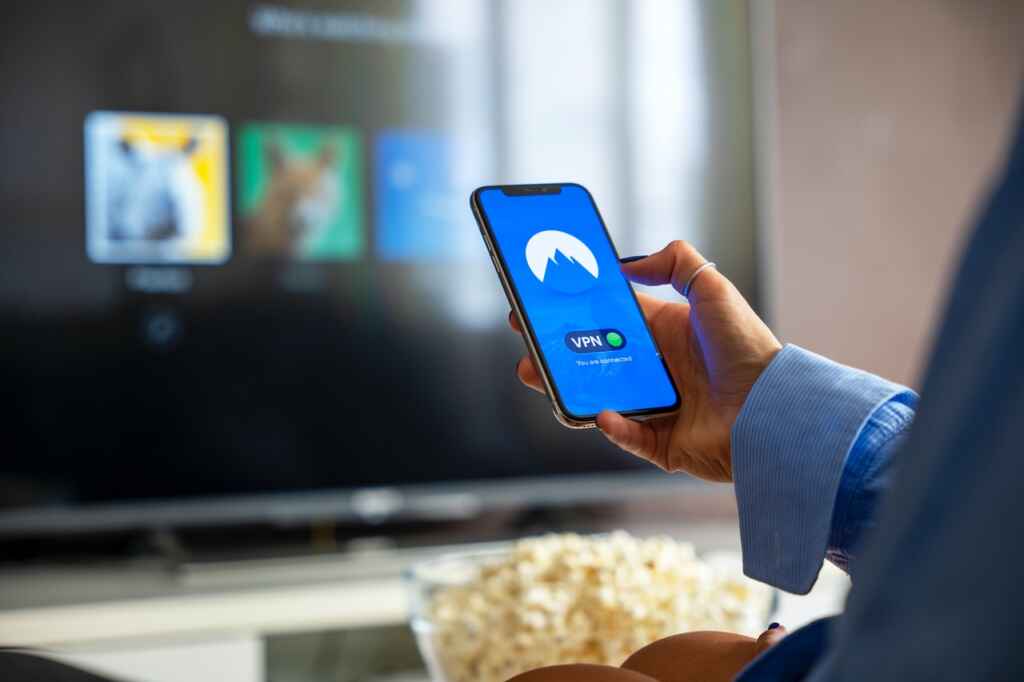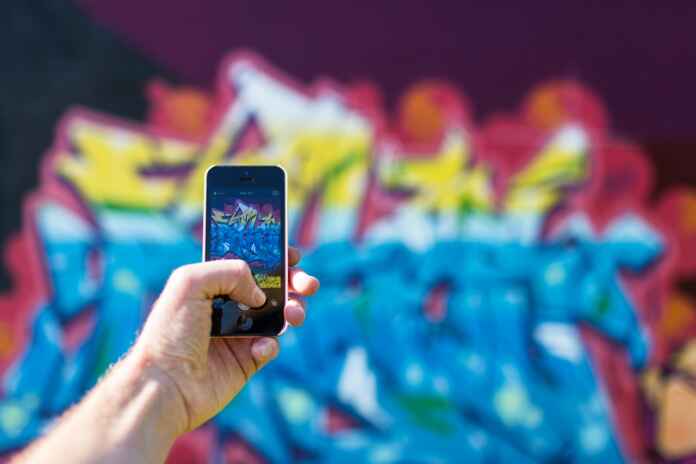The “Internet of Things” (IoT) is becoming a more common subject of discussion both in and out of the workplace. It’s a philosophy with the power to change not just how we live but also how we function.
So what precisely is the “Internet of Things,” and how can it affect you, if at all? There are several complexities about the “Internet of Things,” so I’d like to focus on the fundamentals.
Many technological and policy-related discussions are taking place, but many people are also struggling to understand the gist of what these discussions are about.
Internet of Things explained!
Broadband Internet is becoming more readily accessible, the cost of connecting is declining, more devices with Wi-Fi and sensors are being made, hardware costs are decreasing, and mobile usage is skyrocketing.
All of these factors are combining to create a “perfect storm” for the Internet of Things. As mentioned, the internet is easily accessible and is not as expensive as it used to be, you’ll hardly come across someone that does not use the internet in the modern world.
As proof, you may search for the internet in my area on the search engine to see dozens of providers showing up at cheap rates.
What exactly is IoT?

In other words, this is the idea of connecting a computer to the Internet (and/or to another) with an on and off switch. It covers everything from cellular phones, coffee machines, clothes washing machines, speakers, portable appliances, etc.
Also See: What is Clubhouse App? What are Best Clubhouse Alternatives?
This also refers to mechanical parts, such as an aircraft jet motor or an oil system. Like I said, it can become a part of the IoT if you have an on/off button. The analyst Gartner says over 26 billion linked devices will be available by 202… These sums up to a humongous amount of links (not just this, some analysts even believe it to be around 100 billion).
The IoT is a huge linked “things” network (which may also include people). That implies that there will be a connection between humans-humans, humans-things, and objects-objects.
How does that affect you?
“Everything that could be linked will be connected”, which is the current rule for the future at the moment. But, why is there a need for a lot of connected things? There are several examples of how this might look or how could we benefit from it.
For eg, say that you’re on the way to a conference, your vehicle would have all your data including your destination and schedule, which will take you through the shortest route possible to help you reach on time.
In case, you get stuck in a traffic jam, it might be possible that your car will send the other person a text that tells them that you are late. How about your alarm blares at 7 a.m. to wake you up and then notify your coffee maker to start brewing for you? What if your office equipment restocks itself when going limited? What if you could know when and where the wearable tracker you used in your office was most involved, efficient, and shared the details with other devices you used while working?
On a wider scope, the IoT can also be extended to areas like rail networks: ‘artificial intelligence’ that can help us mitigate waste and improve energy quality, allowing us to consider and improve how we function and live.
Also See: Top 15 Cool Android Games under 50MB
The truth is that IoT offers almost infinite possibilities and links, much of which we cannot even think of or appreciate thoroughly. It isn’t difficult to see how and why IoT today is so hot. It definitely opens the gates for many possibilities, but also for many challenges.
Security is a major concern frequently raised. How do users ensure that their data remains safe by connecting billions of devices together? Will anyone be able to break into your toaster and control the network as a whole? The IoT also provides more security risks to organizations worldwide.
We have a problem with data sharing and privacy. Also in our day, this is a hot subject, but one can only understand how discussions and questions increase as we learn about the connection of several billions of devices.
The vast quantities of data that these devices generate are also a problem that many businesses would face directly. The companies have to identify a manner in which the large volume of data produced can be stored, tracked, analyzed, and understood.
IoT discussions are taking place around the world (and have occurred for many years) to explain how it affects our lives. We also want to grasp the many chances and obstacles as more and more gadgets enter the IoT.
For the time being, the only thing we can do is to learn about IoT and its possible effects. The vast quantities of data that these devices generate are also a problem that many businesses would face directly. The companies have to identify a manner in which the large volume of data produced can be stored, tracked, analyzed, and understood.
What do we need to do?
IoT discussions are taking place around the world (and have occurred for many years) to explain how it affects our lives. We also want to grasp the many opportunities and challenges as more and more gadgets enter the IoT. For the time being, the only thing we can do is to learn about IoT and its possible effects on our lifestyle.

